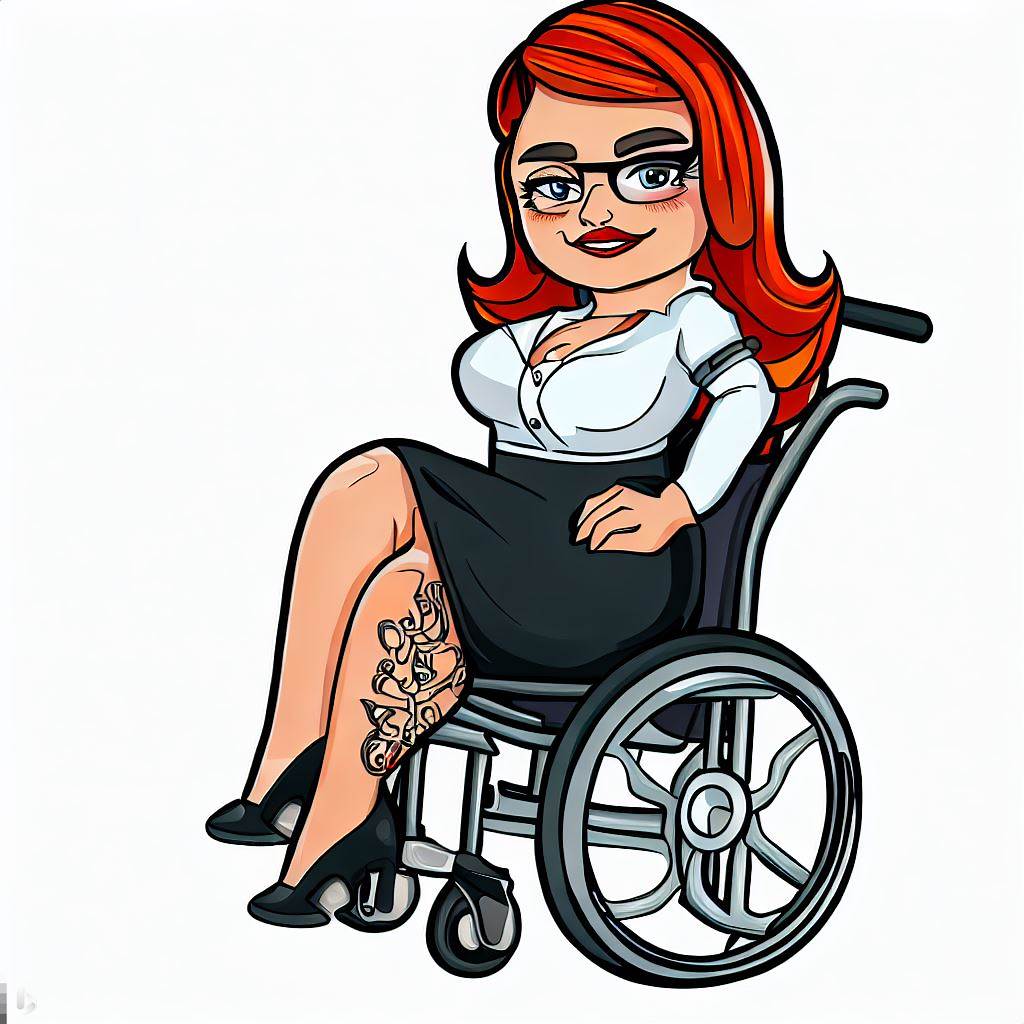
People with Disability Australia (PWDA) recently completed extensive consultation with the disability community to inform our submissions to the NDIS Review 2023. While we could not share the stories of the thousands of PWDA members, we asked some of our community to share stories of their lived experience, adding context and texture to the data and soundbites.
In a society striving for inclusivity and equal opportunities, the National Disability Insurance Scheme (NDIS) stands as a beacon of hope and progress for disabled individuals across Australia, and dare I say it, the world. Born out of the dire need to address the shortcomings of the existing support system, the NDIS has emerged as a lifeline for millions, offering a pathway to independence, dignity, and a better quality of life.
Before the NDIS came into existence, navigating life with a disability in Australia often felt like traversing a labyrinth of obstacles. The fragmented and underfunded state-based support systems led to a myriad of inconsistencies, leaving many disabled individuals (myself included) without proper access to essential services. It was a system that perpetuated dependency (primarily on overstretched family and block-funded supports) and limited opportunities for growth. Like many people, I had to self-fund all my supports for decades, as I did not fit into any of the limited existing categories of service that were on offer. Simply, the combination of my disability and my lifestyle didn’t fit the narrative of what the Governments of the time felt that disabled life was, so I was forgotten, and I wasn’t alone. My husband, family and friends became my support workers – something that caused strain and stress on top of my existing health worries. Essential aids or equipment were a ‘luxury’ item, gifted for birthdays, Christmas, or other special occasions.
The NDIS was introduced with a fundamental understanding that disability support should not be a one-size-fits-all approach. Instead, it should be tailored to everyone’s unique needs and aspirations. This shift in perspective has been a game-changer for disabled Australians, providing them with the tools to take charge of their lives – at least in theory. The system remains imperfect, but the ideal is what matters. For myself, this means that I no longer need to dread a future where my husband passes before me and I am packed away and put in a nursing home before I am 65, to live with strangers and distance myself from the community. It has meant exploring alternative means of completing employment tasks, so that I can continue working in a field I love and value, which has in turn improved my mental health and financial wellbeing. It has meant my husband and friends can return to these roles, safe in the knowledge that they won’t need to complete tasks that strain or blur our relationships into the future. It has meant that essential equipment does not need to come from our savings and be used far longer than it is fit for purpose, rather, it comes from my plan.
One of the most significant advantages of the NDIS is the newfound sense of choice and control it has potential to offer. People with disability are no longer passive recipients of support but active participants in the decision-making process. From selecting service providers to deciding on the nature and frequency of assistance; the NDIS empowers individuals to shape their support journey according to their preferences and goals.
For disabled individuals, independence is more than just a word; it’s a deeply cherished aspiration. The NDIS fosters this by facilitating opportunities for skill development, education, and employment. Through personalised plans and funding, disabled Australians can access services that equip them with the skills needed to lead fulfilling lives, breaking free from the cycle of dependency.
The NDIS doesn’t just focus on physical needs but takes a holistic approach to well-being. It acknowledges that mental, emotional, and social well-being are equally important components of a fulfilling life. This approach can translate into support for mental health services, social participation programs, and therapies that contribute to a well-rounded and meaningful existence. The scheme also recognises that disability doesn’t just affect the individual; it impacts entire families. The NDIS can offer support that extends to caregivers and family members through respite services, counselling, and education about disability-related matters to empower families to provide the best possible care for the person with disability, while maintaining their own well-being.
The NDIS is not just a social initiative or welfare scheme; it’s an economic investment. By enabling disabled individuals to participate in education and employment, the scheme taps into a pool of talent that was previously underutilised. This contributes to economic growth while reducing long-term dependency on welfare programs for those who wish to work. This can extend to families and carers who have long been required to remain out of the workforce, providing unpaid care to their loved ones – thus, this impact can be twofold.
While the NDIS has undoubtedly transformed the lives of countless disabled Australians, it’s essential to acknowledge the challenges that still exist. The scheme’s rollout faced initial teething problems, and some participants continue to experience difficulties in accessing services promptly, particularly in rural and remote areas where there can be a lack of providers, particularly those who are innovative and moving away from the ‘old ways’ of operating. Adequate funding and ongoing refinement are crucial to ensure that the NDIS continues to evolve and adapt to the changing needs of the disabled community. Many people have highlighted the consistency of decision making as an area for immediate improvement, along with a need for the centring of more disabled voices. But at its crux, it is a scheme worth fighting for.
In a country that values equality and inclusivity, the National Disability Insurance Scheme (NDIS) is more than just a policy—it’s a manifestation of compassion and progress. By offering choice, control, independence, and holistic support, the NDIS empowers disabled individuals to lead lives that are not defined by their disabilities, but by their dreams and aspirations. As we look to the future, continued investment and dedication to the NDIS will ensure that Australia remains a nation where every person, regardless of their abilities, has the opportunity to shine and contribute.

Cheryl (she/her) is a fiercely independent disabled, intersectional feminist, living and working on unceded Wiradjuri lands in Central Western NSW. Cheryl is very invested in the disability sector and believes helping people understand important principles such as social justice, self-advocacy, and the human rights model through activism and education can achieve change. Cheryl loves to learn and share knowledge, is a voracious reader and arts patron, and adores spending time with her family and friends.
Read What you told us during the NDIS Review for more.
Our publications
- Report: NDIS Review: Survey Summary
- Report: NDIS Review: Housing Survey Summary Report
- Media release: PWDA Responds to NDIS Review
- Submission: NDIS Review of Participant Safeguarding
Get in touch
If you would like more information or want to discuss any part of this project, please contact us by email at pwd@pwd.org.au or call 1800 422 015.
Ends | Contact us
